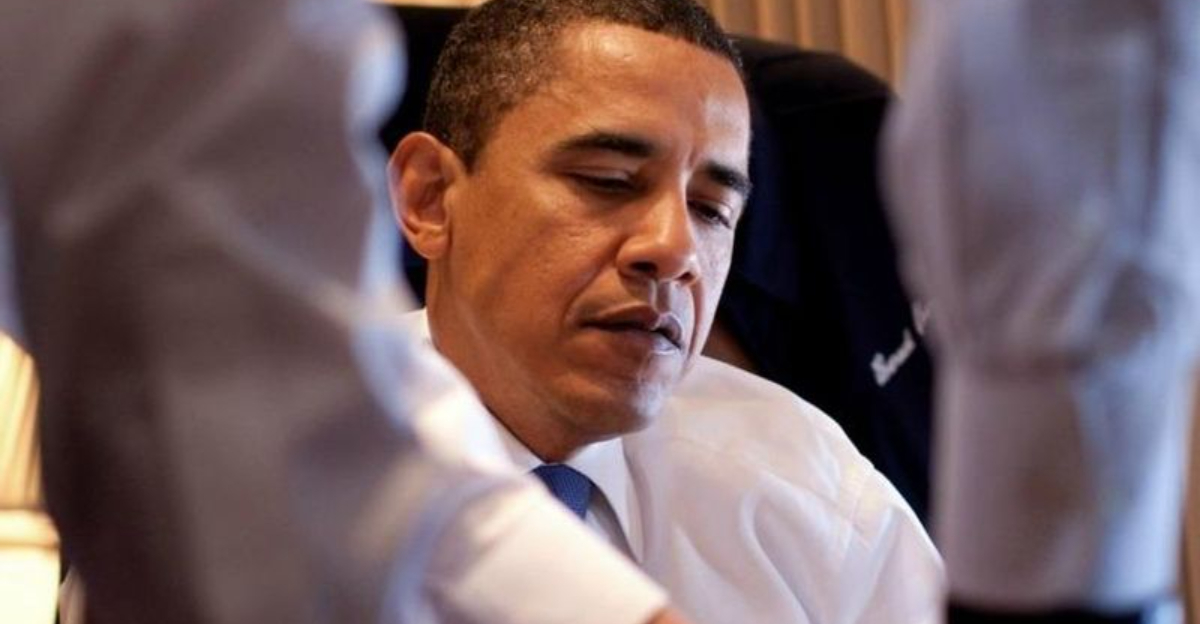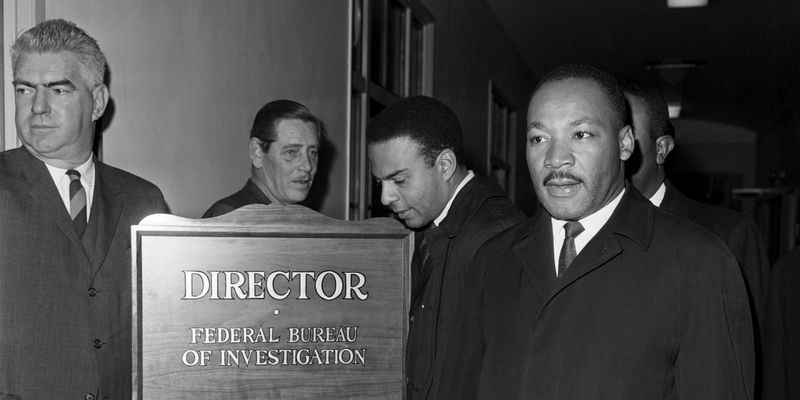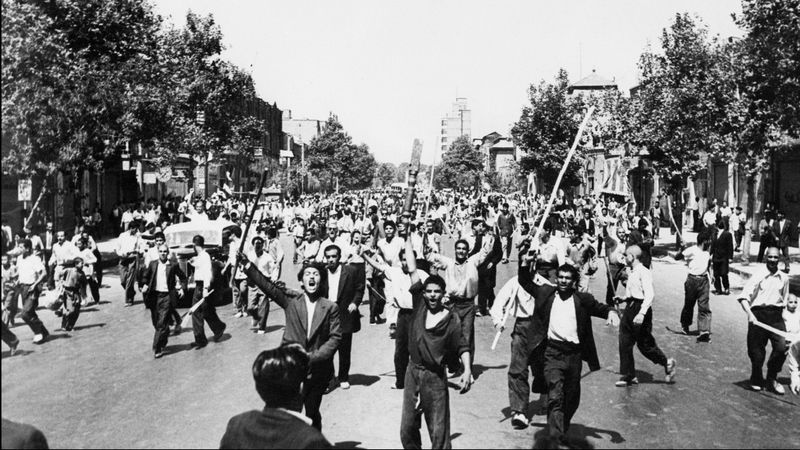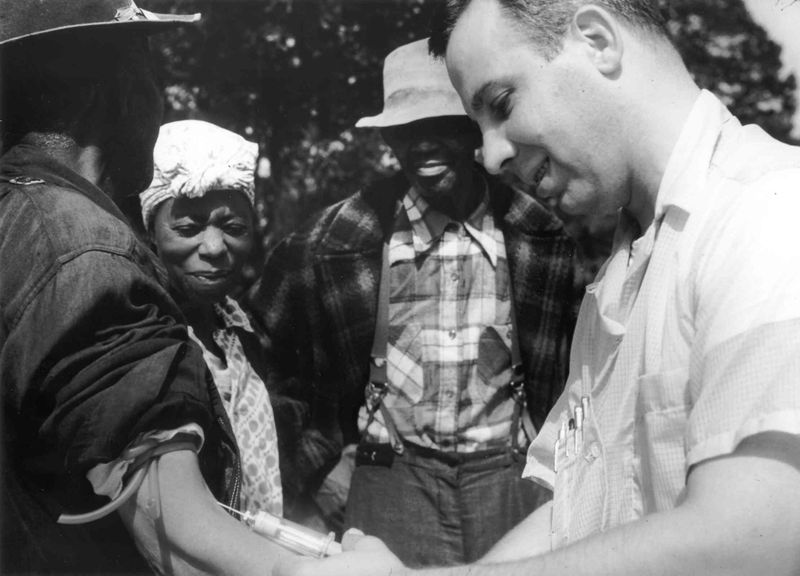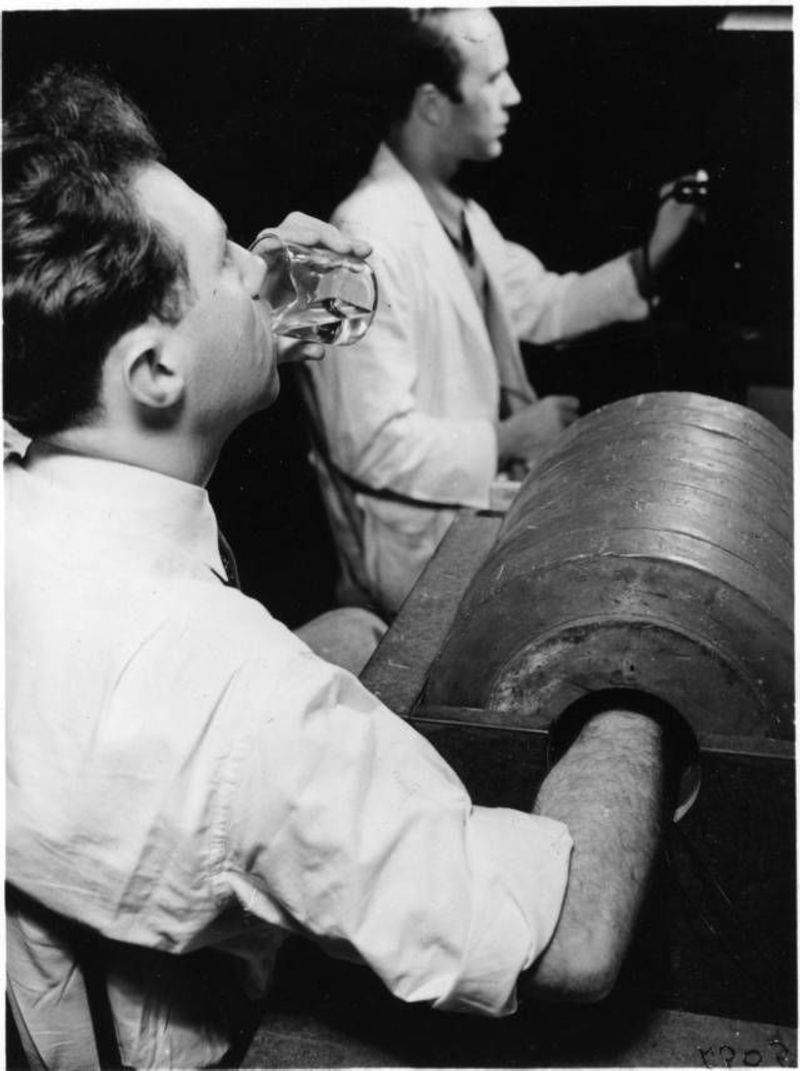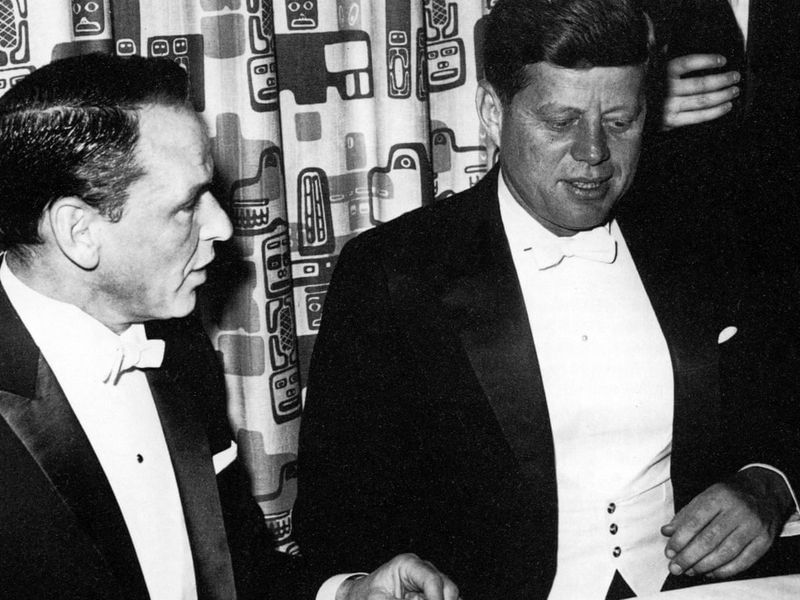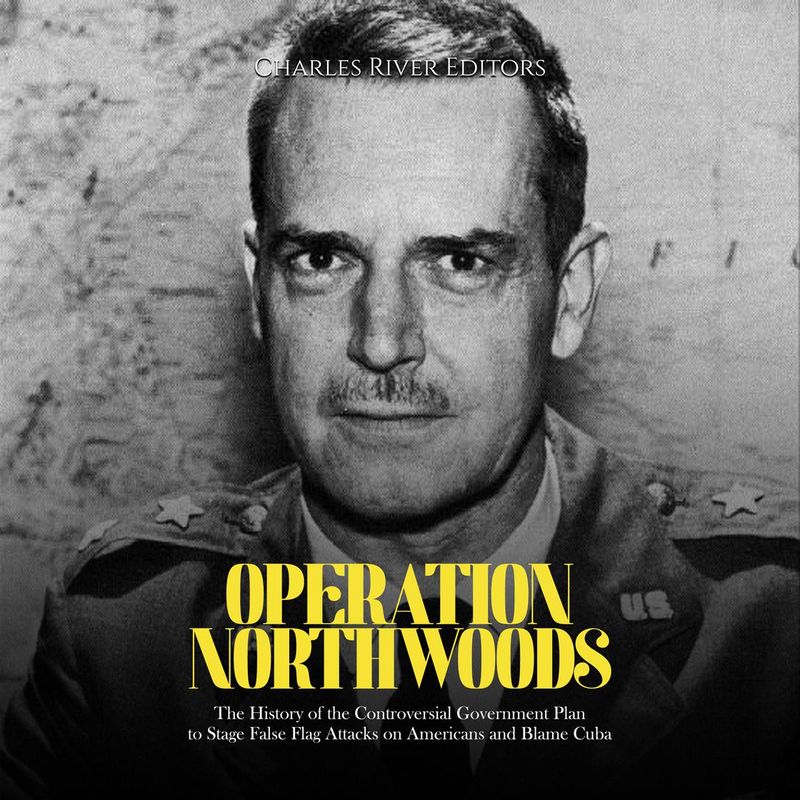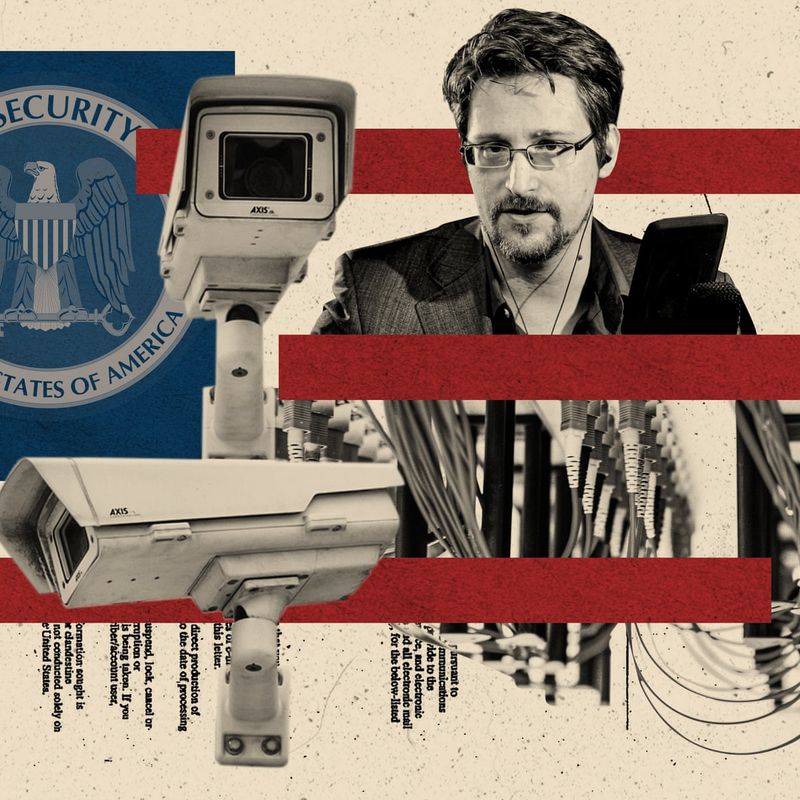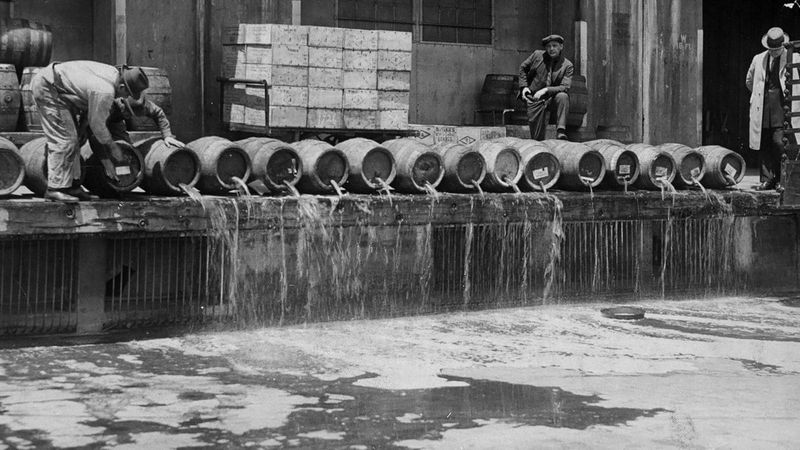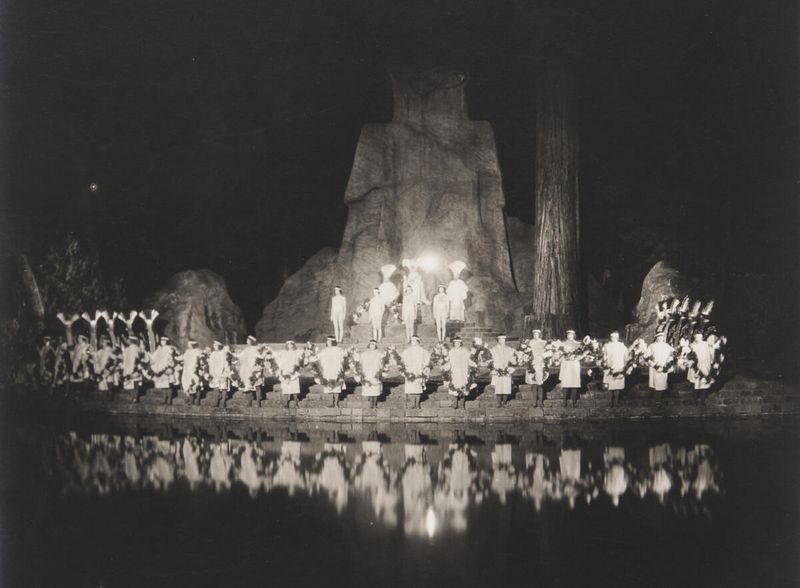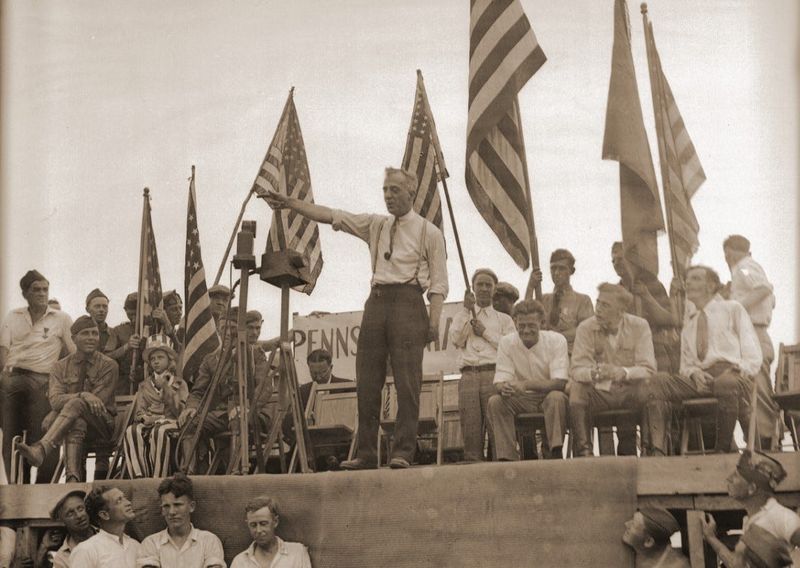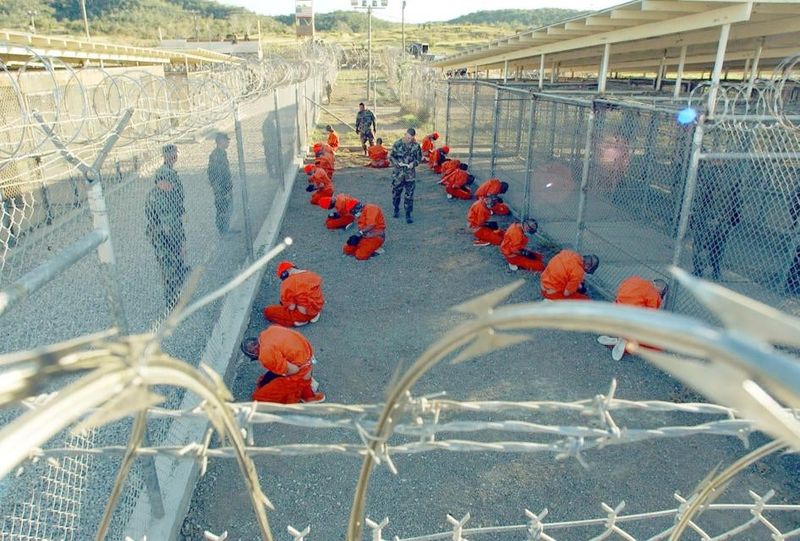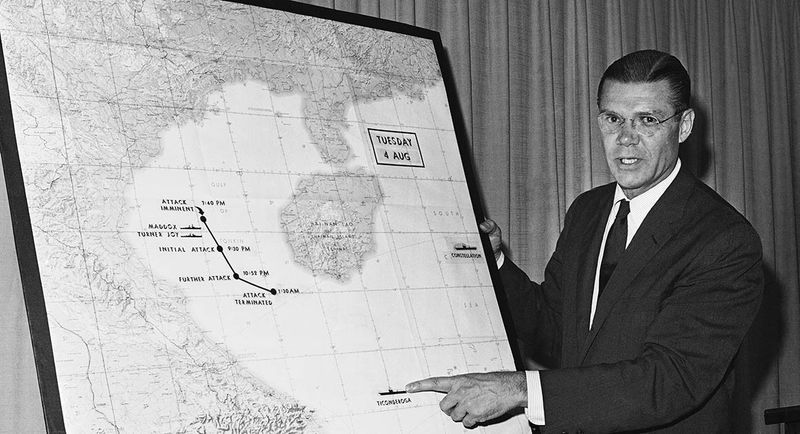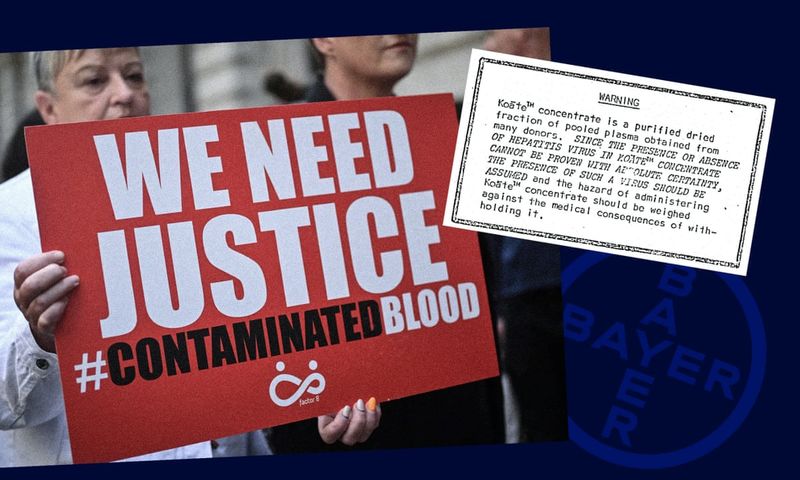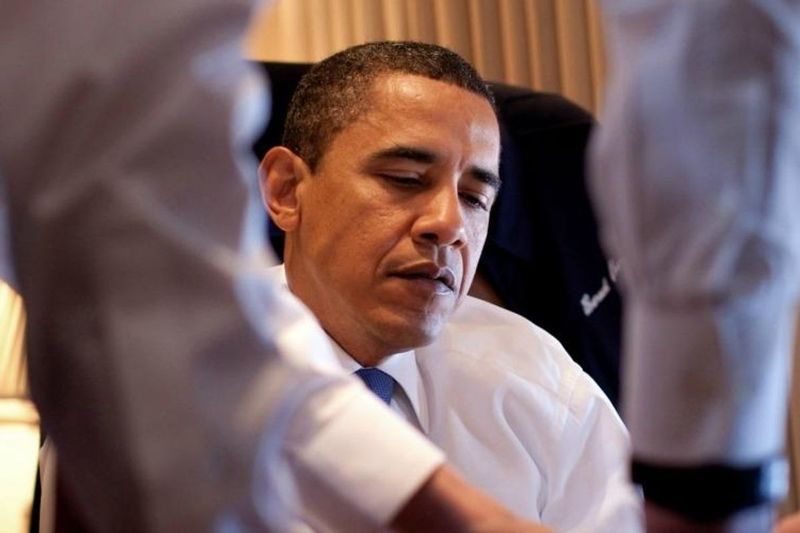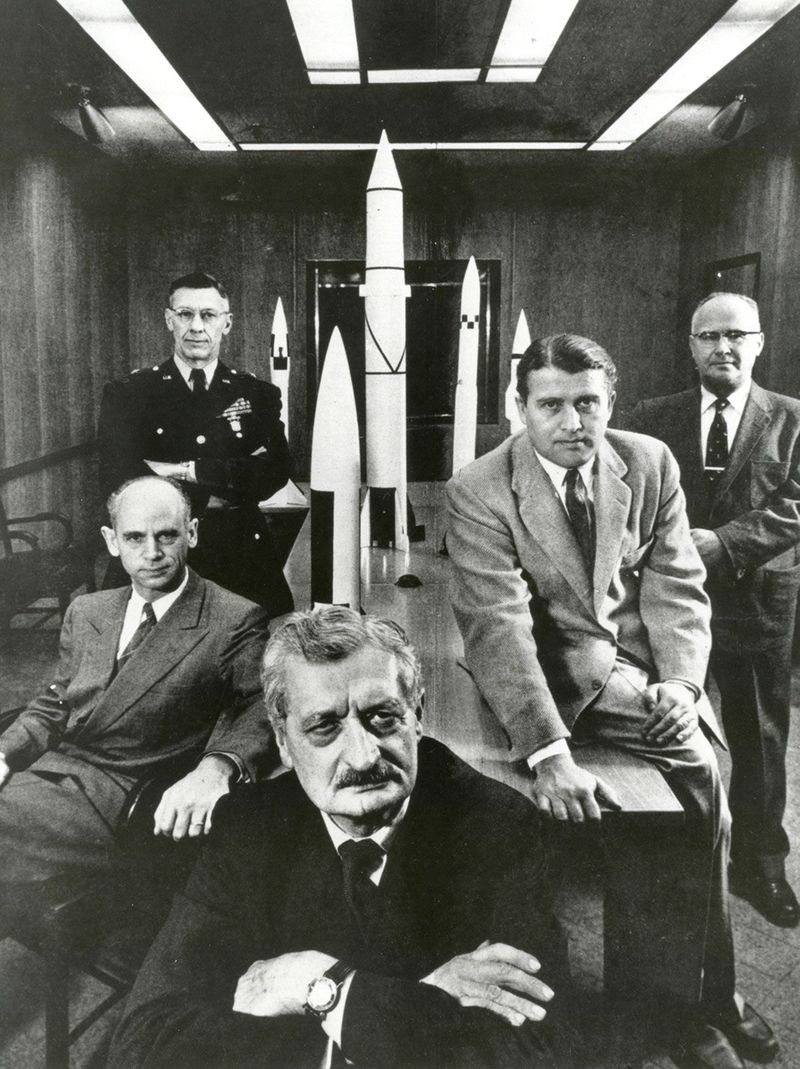Explore a collection of conspiracy theories that, despite their far-fetched nature, have elements rooted in reality. From government mind control experiments to secret elite gatherings, these theories reveal a hidden side of history that blurs the line between fiction and fact.
1. MKUltra and Government Mind Control Experiments
Imagine a world where the government can control your thoughts. Under the MKUltra project, the CIA explored mind control through drugs and psychological techniques. This secretive program, active during the Cold War, aimed to gain an edge over adversaries. Participants were often unaware of their involvement, raising ethical concerns. The experiments led to public outrage when details emerged in the 1970s. A chilling glimpse into the possibilities of psychological warfare, MKUltra continues to fascinate and terrify.
2. The FBI Spying on Civil Rights Leaders (COINTELPRO)
During the 1960s, the FBI embarked on a mission to surveil and disrupt civil rights leaders. Known as COINTELPRO, this covert operation targeted prominent figures like Martin Luther King Jr. The aim was to undermine their influence and impede the movement. Through wiretapping and infiltration, the FBI sought to sow discord within civil rights groups. These invasive tactics were later exposed, revealing a disturbing abuse of power by the government. COINTELPRO remains a stark reminder of the lengths some agencies will go to maintain control.
3. The CIA’s Involvement in Foreign Coups
The CIA has long been linked to foreign political upheavals. During the Cold War, the agency orchestrated coups to install favorable regimes. From Iran to Guatemala, the CIA’s influence shaped global politics. These interventions were often shrouded in secrecy, with lasting consequences for the affected nations. While intended to combat communism, these actions fueled anti-American sentiment abroad. The CIA’s involvement in foreign coups underscores the complex interplay of power and politics on the world stage.
4. Big Tobacco Hiding the Dangers of Smoking
In the mid-20th century, tobacco companies faced a dilemma: increasing evidence of smoking’s health risks. Rather than reveal the truth, they engaged in a campaign of misinformation. Advertisements depicted smoking as glamorous, while internal documents acknowledged its dangers. This deception continued for decades until whistleblowers exposed the lies. Lawsuits and public health campaigns eventually forced Big Tobacco to admit the hazards of their products. This conspiracy reflects the tension between corporate profit and public safety.
5. The Tuskegee Syphilis Experiment
In a dark chapter of medical history, the U.S. Public Health Service conducted the Tuskegee Syphilis Experiment. Over 600 African American men were misled about their medical treatment, left untreated to study the progression of syphilis. This unethical study spanned 40 years, leading to suffering and death. When exposed in 1972, it sparked outrage and mistrust in medical institutions. The experiment’s legacy highlights the importance of ethics in research and the need for accountability in medical practices.
6. Watergate and Political Espionage
Watergate, a political scandal of epic proportions, exposed the lengths to which politicians would go for power. In 1972, operatives broke into the Democratic National Committee headquarters to gather intelligence. This act of political espionage led to a cover-up, eventually unraveling President Nixon’s administration. The scandal’s exposure by journalists highlighted the role of the media in holding leaders accountable. Watergate remains a symbol of corruption and the resilience of democratic institutions.
7. Project Sunshine and the Use of Human Remains Without Consent
Project Sunshine sought to understand the effects of nuclear fallout. However, the study controversially used human remains without consent. Researchers secretly collected tissue samples from deceased individuals, often without family knowledge. This breach of ethics sparked outrage when revealed. The project highlighted the ethical dilemmas faced in scientific research, particularly during the nuclear age. The use of human remains without consent remains a cautionary tale of scientific overreach.
8. The Mafia’s Role in JFK’s Election (and Possibly His Death)
Rumors of Mafia involvement in JFK’s election and assassination have lingered for decades. Some theories suggest that organized crime helped secure his victory, only to later turn against him. The tangled web of politics and crime raises questions about the true extent of their influence. While conclusive evidence remains elusive, the Mafia’s alleged role adds a layer of intrigue to JFK’s legacy. This theory highlights the blurred lines between legitimate politics and illicit activities.
9. Operation Northwoods (Plans for Fake Terror to Justify War)
Operation Northwoods was a proposed plan by the U.S. military to stage fake terrorist attacks. The goal was to justify military intervention in Cuba by blaming the attacks on the Cuban government. The plan included scenarios like hijackings and bombings. Though never implemented, it revealed the extent to which military strategists considered deception. The proposal was eventually rejected, but it raises ethical questions about the use of false flag operations in military strategy.
10. NSA’s Massive Domestic Surveillance (Pre-Snowden Leak)
Before Edward Snowden’s revelations, the NSA had engaged in massive domestic surveillance. Programs monitored phone calls and internet activity of U.S. citizens without their knowledge. This invasive practice raised concerns about privacy and government overreach. The public was largely unaware until whistleblowers exposed the extent of the surveillance. The controversy sparked debate about national security versus individual privacy, leading to reforms. The NSA’s actions reflect the delicate balance between protecting citizens and respecting their rights.
11. The Government Poisoning Alcohol During Prohibition
During Prohibition, the U.S. government took drastic measures to discourage alcohol consumption. One such tactic involved poisoning industrial alcohol, knowing it would be repurposed for drinking. This led to numerous illnesses and fatalities, as people unknowingly consumed the tainted liquor. The government’s extreme approach highlighted the tensions of Prohibition and the challenges of enforcing unpopular laws. The poisoning of alcohol remains a controversial aspect of this era, reflecting the unintended consequences of policy decisions.
12. Bohemian Grove’s Secret Elite Gatherings
Bohemian Grove, a private club in California, hosts secretive gatherings of elite figures. Attendees include politicians, business leaders, and artists. The annual retreat features rituals and discussions, fueling speculation about its true purpose. Some believe the meetings influence global decisions, while others view them as harmless networking events. The secrecy and exclusivity of Bohemian Grove spark intrigue and conspiracy theories, questioning the power dynamics at play. This elite enclave remains shrouded in mystery and myth.
13. The Business Plot to Overthrow FDR
In the 1930s, a group of businessmen allegedly conspired to overthrow President Franklin D. Roosevelt. The so-called Business Plot aimed to install a fascist regime in response to FDR’s New Deal policies. The plot was revealed by retired Marine Corps Major General Smedley Butler, who claimed he was approached to lead the coup. While the plot’s seriousness is debated, it underscores the tensions between business interests and political change. The Business Plot remains a curious footnote in American history.
14. The Iran-Contra Affair and Secret Arms Deals
The Iran-Contra Affair rocked the Reagan administration in the 1980s. Officials secretly facilitated arms sales to Iran, despite an embargo. The proceeds were then used to fund Contra rebels in Nicaragua. This complex web of secret deals and deception was exposed, leading to political scandal. The affair highlighted the challenges of foreign policy and the lengths to which governments might go to achieve their goals. The Iran-Contra Affair remains a significant example of political intrigue and controversy.
15. The Real Existence of “Black Sites” and Secret Prisons
In the post-9/11 world, the existence of “black sites” and secret prisons came to light. These facilities, operated by the CIA, held detainees in undisclosed locations. The use of enhanced interrogation techniques raised ethical and legal concerns. While intended to combat terrorism, the secrecy surrounding these sites fueled criticism and controversy. The revelation of these prisons prompted debates about human rights and the limits of security measures. Black sites remain a contentious topic in the realm of national security.
16. Gulf of Tonkin Incident Misrepresentations Leading to Vietnam War
The Gulf of Tonkin Incident played a pivotal role in escalating U.S. involvement in the Vietnam War. Reports of North Vietnamese attacks on U.S. ships were exaggerated, justifying military action. This misrepresentation led to the Gulf of Tonkin Resolution, granting President Johnson broad military powers. The truth behind the incident was later questioned, revealing the complexities of war propaganda. The Gulf of Tonkin Incident highlights how misinformation can shape public perception and policy decisions.
17. The Catholic Church Covering Up Abuse Scandals for Decades
For decades, the Catholic Church faced allegations of covering up abuse scandals. Priests accused of misconduct were often reassigned rather than held accountable. The church’s handling of these cases sparked outrage and calls for reform. Survivors’ stories brought attention to systemic issues within the institution. The scandals led to widespread investigations and significant changes in church policies. The Catholic Church’s response to abuse cases remains a crucial chapter in its history, emphasizing the need for transparency and justice.
18. Corporate Lobbyists Writing Actual Legislation
Corporate influence in politics is no secret, but the extent to which lobbyists shape legislation is concerning. Lobbyists often draft bills that align with corporate interests, blurring the lines between public service and private gain. This practice raises questions about the integrity of democratic processes. Critics argue that it undermines the voice of ordinary citizens. The role of lobbyists in writing legislation reflects the ongoing debate about money, power, and democracy. It highlights the need for transparency and accountability in governance.
19. The Bayer Company’s Role in Spreading HIV Through Tainted Blood Products
In the 1980s, Bayer faced allegations of selling tainted blood products that spread HIV. The company allegedly continued distribution despite knowing the risks. As a result, thousands of hemophiliacs contracted the virus. This scandal drew attention to the pharmaceutical industry’s responsibility and the importance of rigorous safety standards. The Bayer case is a reminder of the devastating impact of corporate negligence. It underscores the need for stringent regulation and oversight in the production of medical products.
20. The Existence of a Government “Kill List” for Drones
The concept of a government “kill list” gained notoriety in the context of drone warfare. This list purportedly identifies individuals targeted for drone strikes, raising ethical and legal questions. Critics argue it bypasses due process and accountability. The use of drones for targeted killings has sparked international debate about the rules of engagement and human rights. The existence of a kill list highlights the challenges of modern warfare and the implications of remote-controlled military actions.
21. Operation Paperclip (Recruiting Nazi Scientists After WWII)
In the aftermath of World War II, Operation Paperclip aimed to recruit German scientists for U.S. research efforts. Despite their Nazi affiliations, these scientists were brought to America to advance aerospace and other technologies. The operation was controversial, raising moral and ethical questions about collaborating with former enemies. Yet, the contributions of these scientists played a significant role in the Cold War space race. Operation Paperclip remains a complex chapter in history, illustrating the intersection of science, ethics, and geopolitics.
